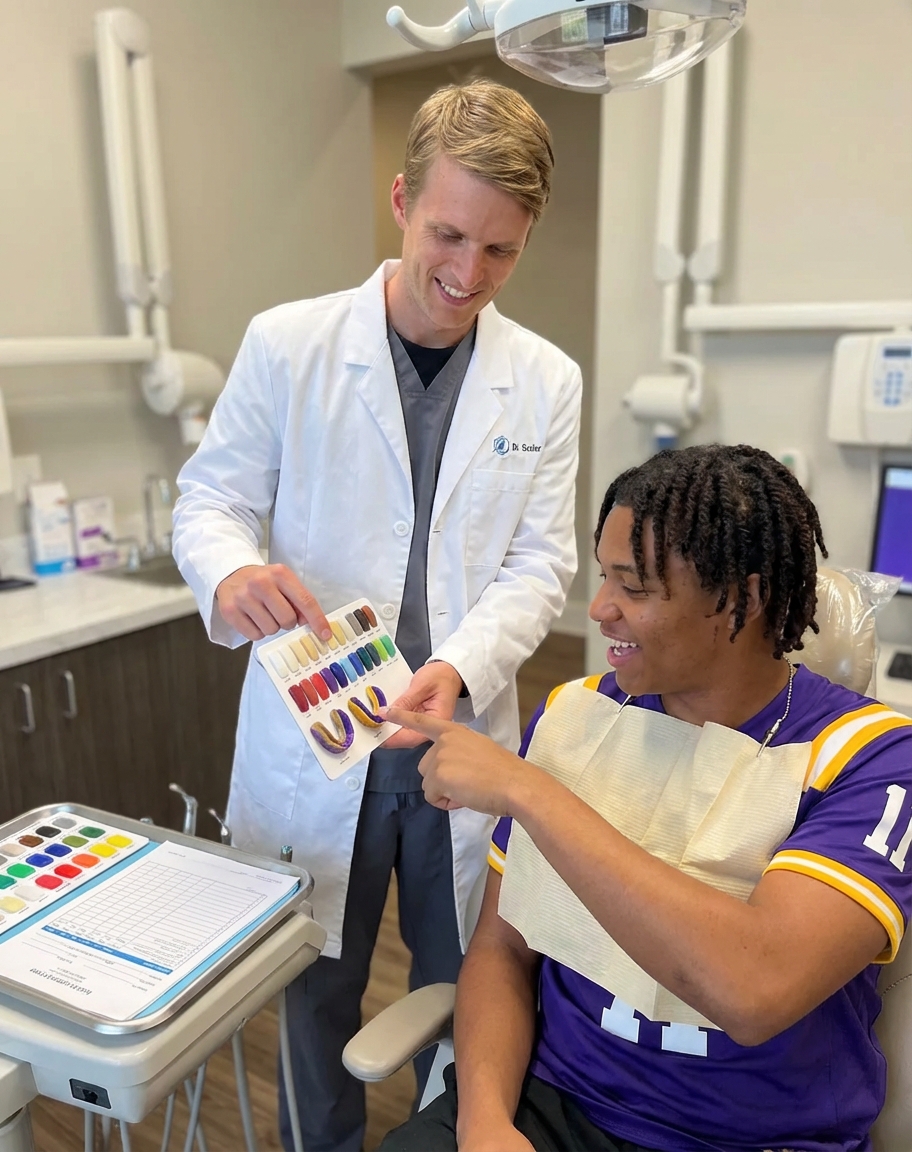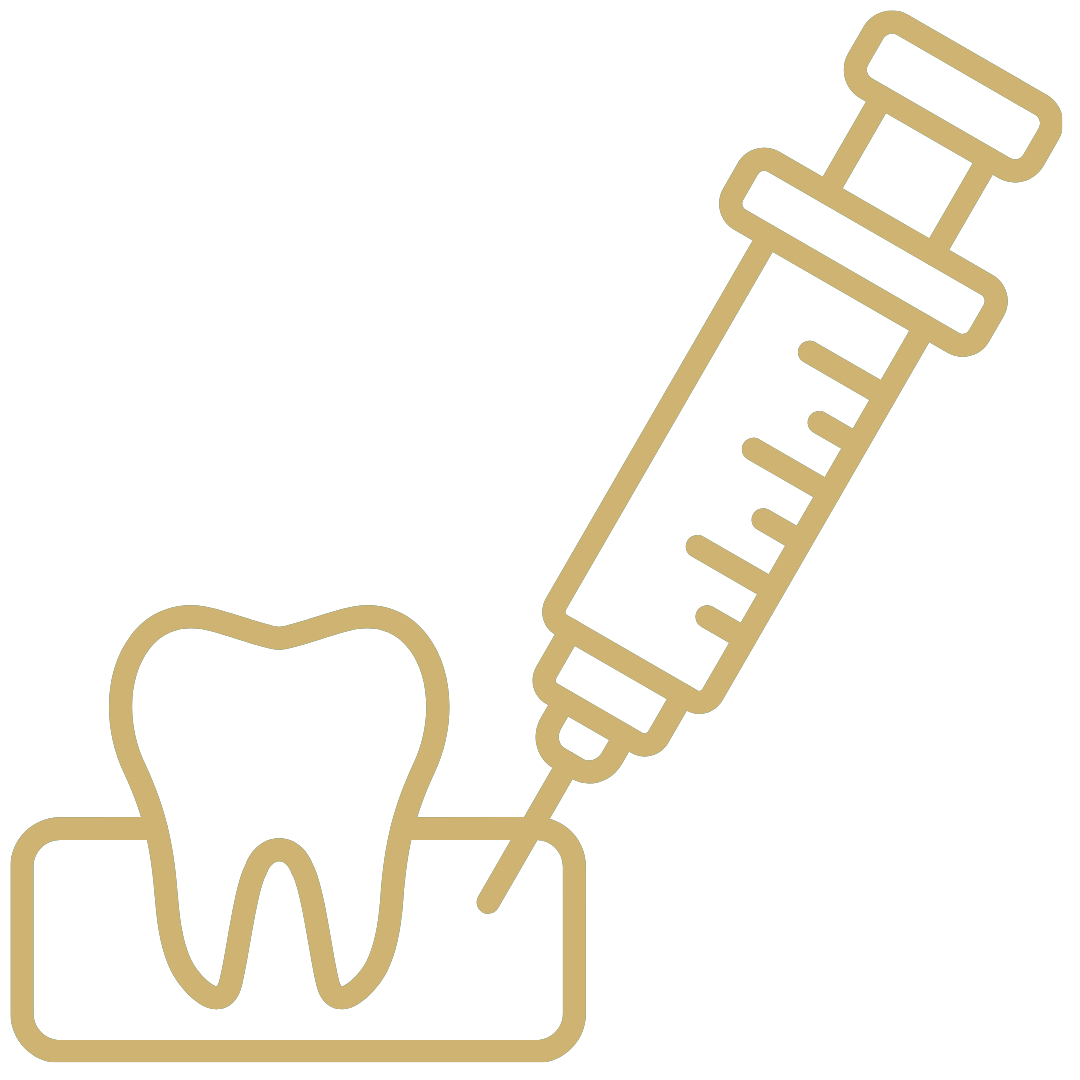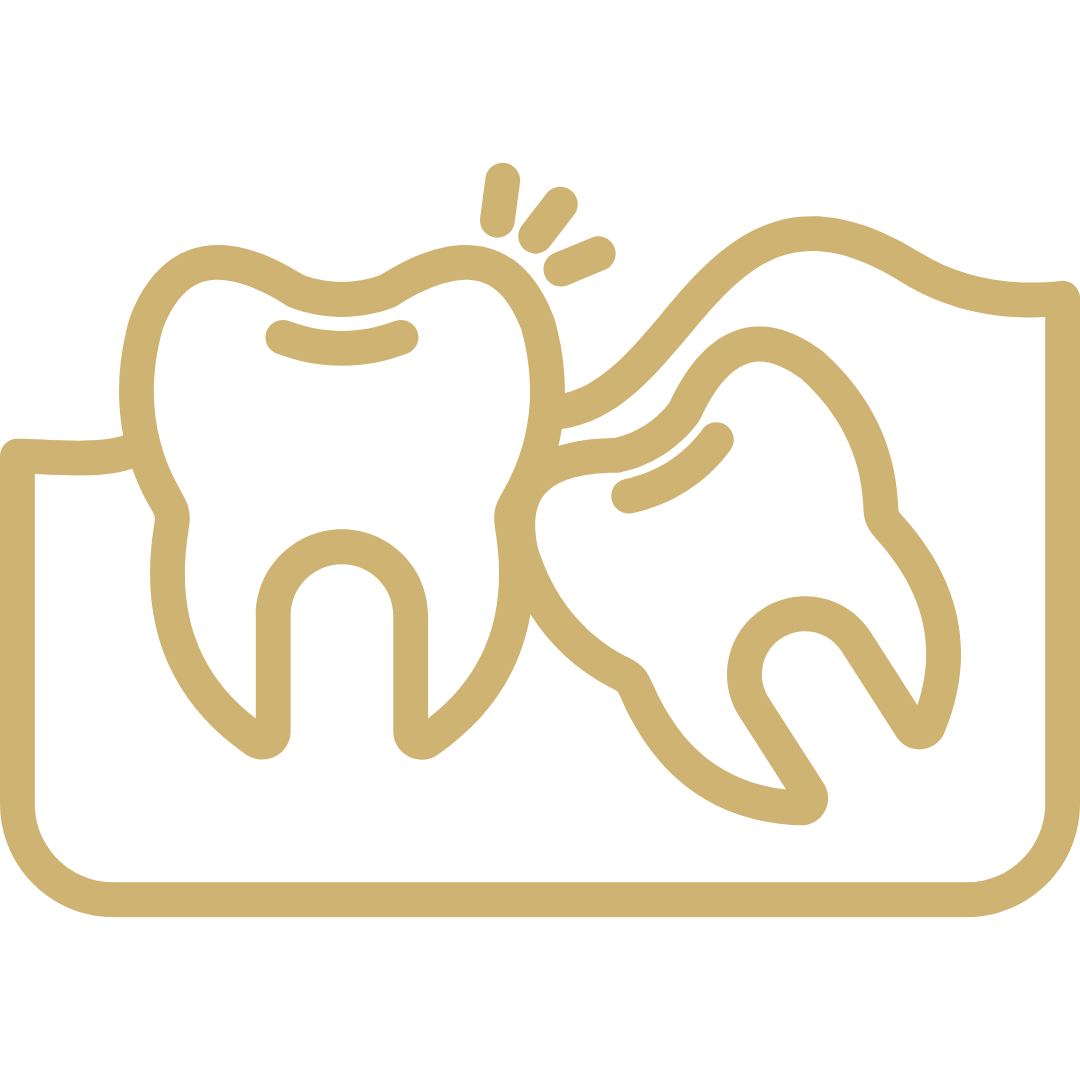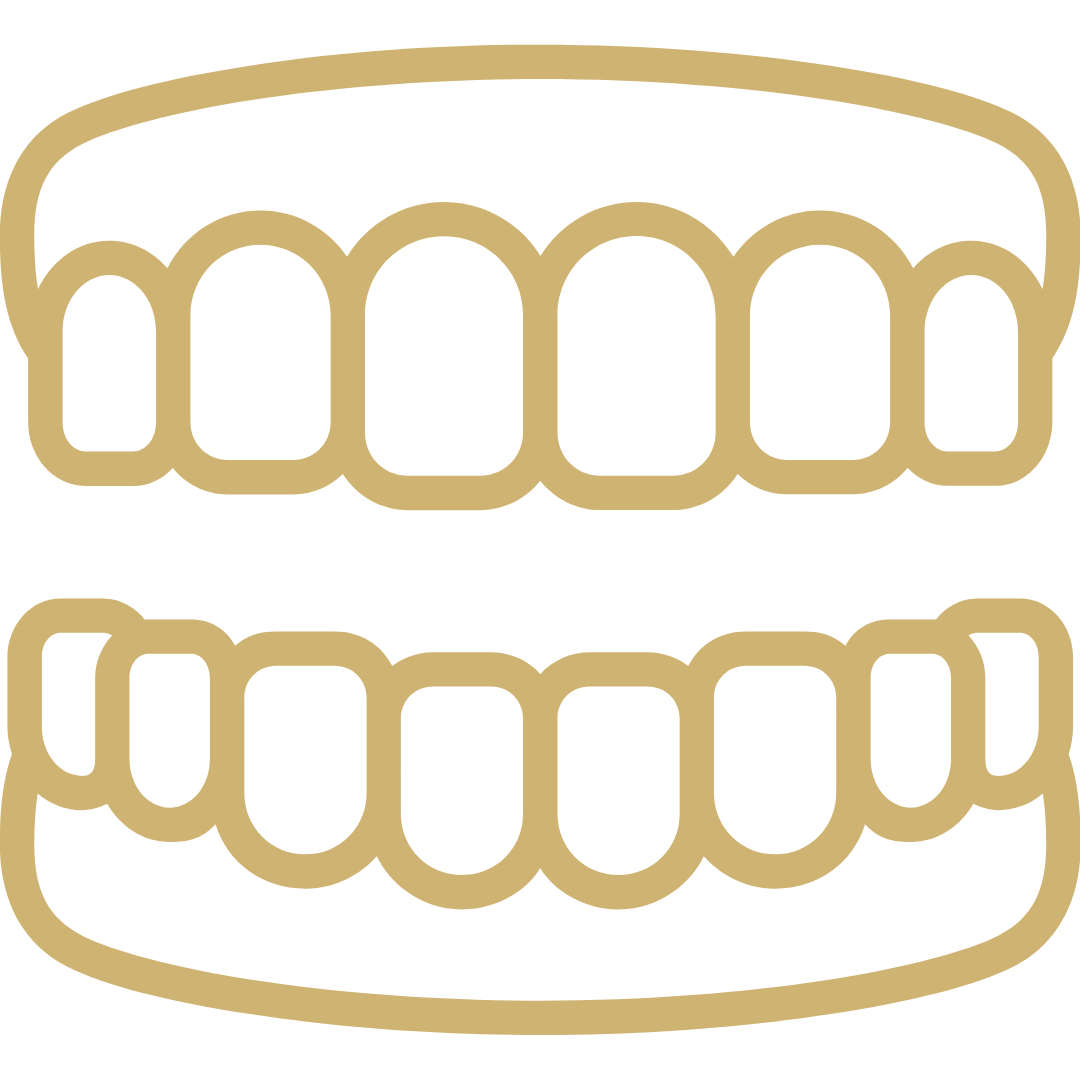Emergency Dentist in Ann Arbor, MI
Emergency dental care provides prompt treatment for tooth pain, dental injuries, and urgent oral health issues to relieve discomfort and prevent further damage.
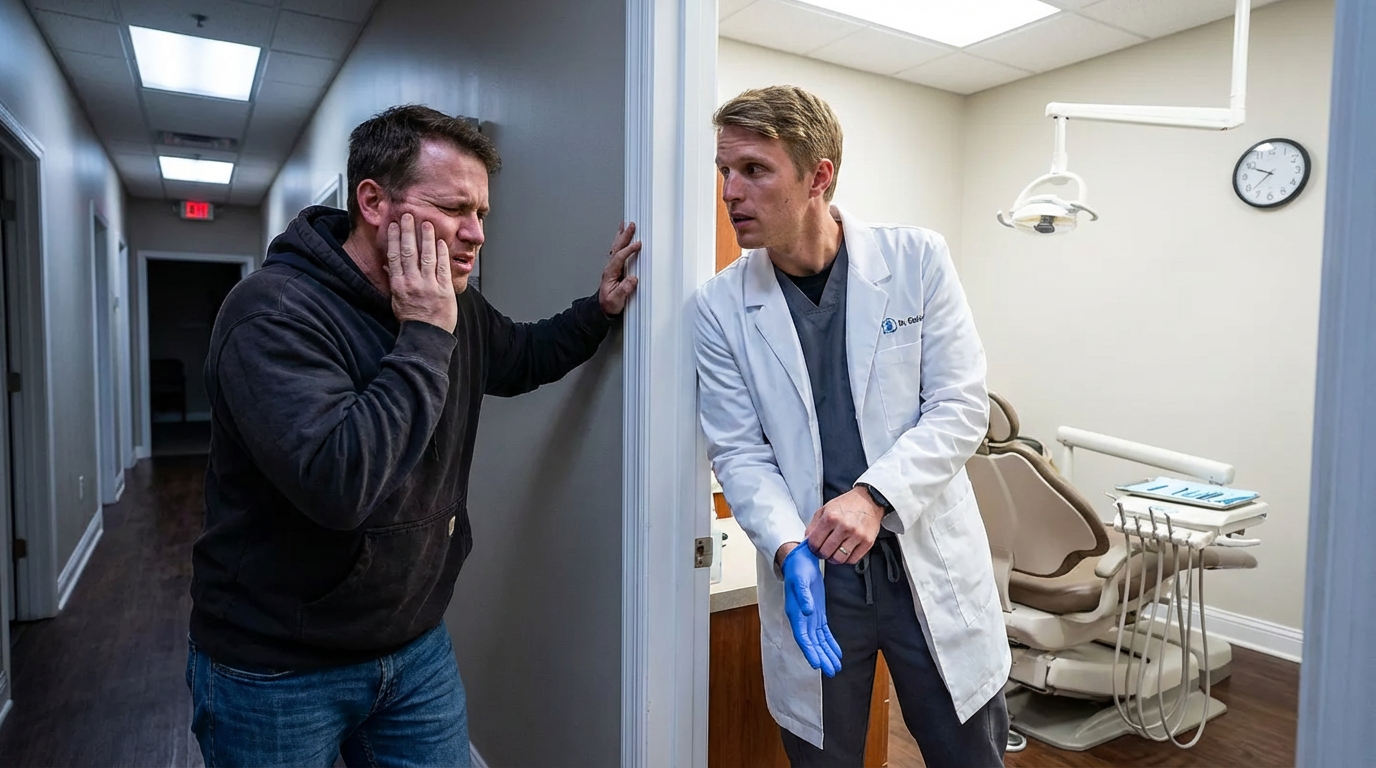
What Is Emergency Dentistry?
Emergency dentistry focuses on diagnosing and treating urgent dental issues that require immediate attention. These situations may include severe toothaches, broken or knocked-out teeth, dental infections, swelling, or trauma to the mouth. Prompt care helps relieve pain, control infection, and prevent complications that could worsen without treatment.
At Gasior Family Dentistry in Ann Arbor, MI, emergency dental care is provided with efficiency and compassion. Each emergency visit begins with a thorough evaluation to identify the cause of discomfort and determine the best course of treatment. Addressing dental emergencies quickly helps protect oral health while restoring comfort and function as soon as possible.
Comprehensive Family Dental Care
Gasior Family Dental in Ann Arbor, MI provides personalized family dentistry focused on preventive care, comfort, and long-term oral health for patients of all ages.
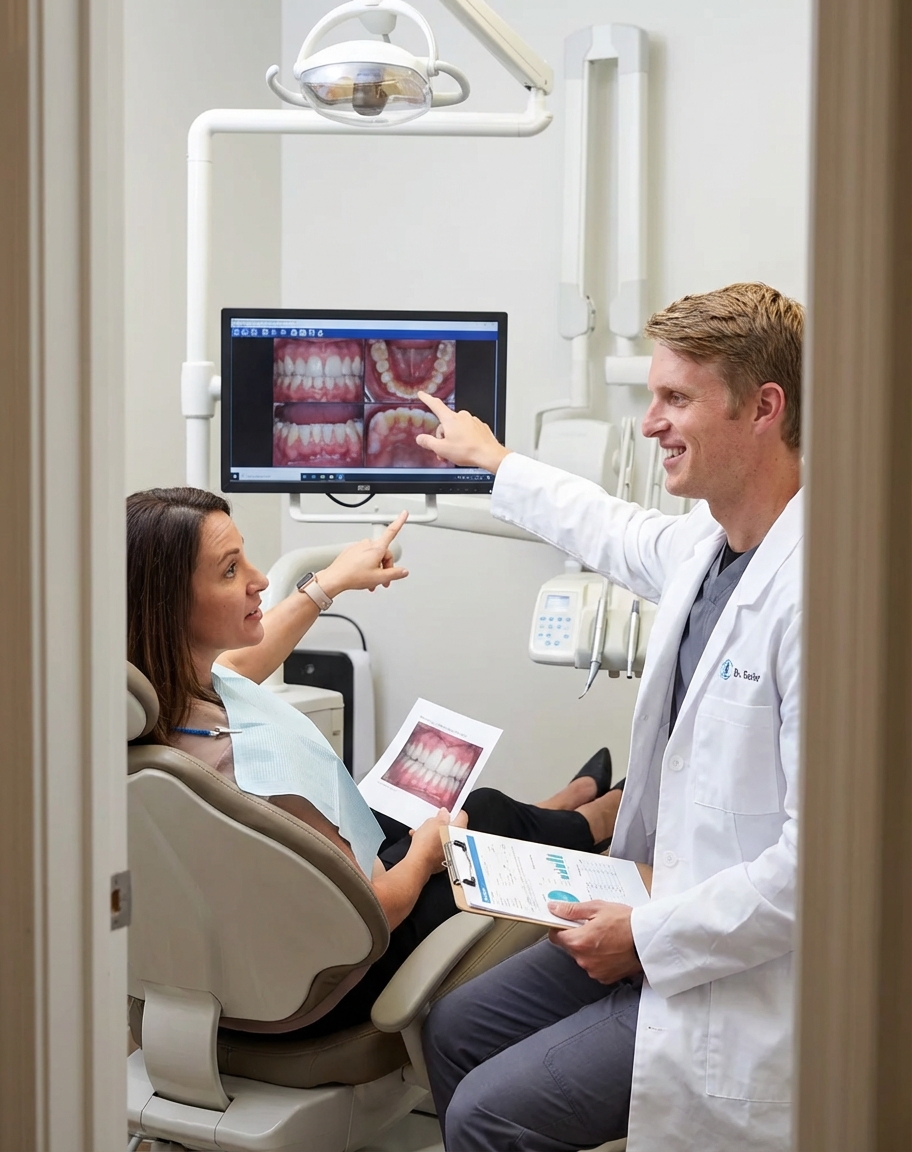
Routine Cleanings
Professional routine cleanings that remove plaque and tartar buildup to support healthier teeth, gums, and long-term oral stability.
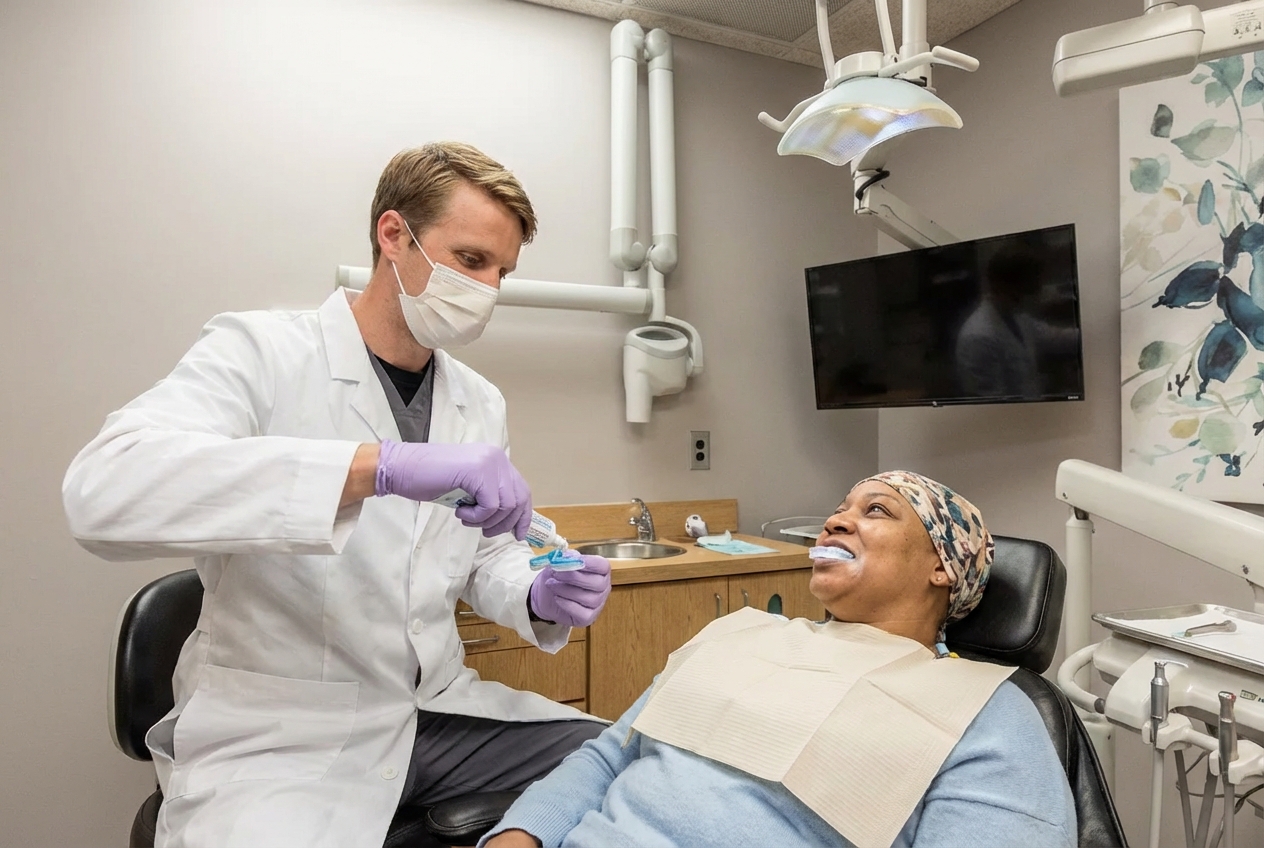
Fluoride Treatments
Fluoride treatments help strengthen tooth enamel, reduce the risk of cavities, and protect smiles from decay at every age.

Digital X-Rays
Advanced digital X-rays provide clear, detailed images to help detect dental concerns early and support accurate diagnosis and treatment planning.
Advanced Cosmetic Dental Care
Each cosmetic dental service at Gasior Family Dental in Ann Arbor, MI is carefully designed to enhance the appearance of your smile while maintaining a natural, balanced look without overcorrection.
.png)
Invisalign
Invisalign clear aligners straighten teeth comfortably and discreetly, helping improve alignment, function, and smile confidence over time.

Smile Makeover
Thinking about a smile makeover in Ann Arbor, MI? Personalized cosmetic solutions at Gasior Family Dentistry.
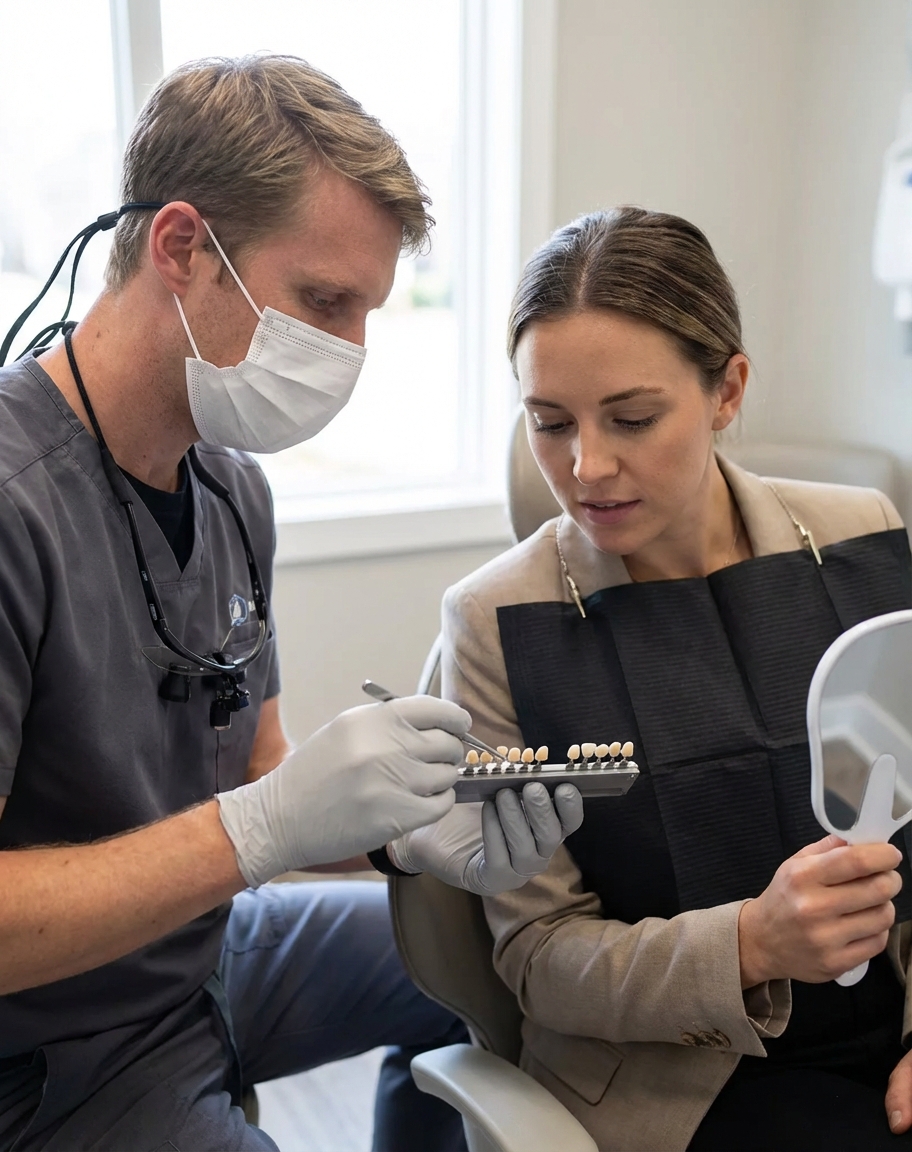
Veneers
Dental veneers enhance the appearance of teeth by improving color, shape, and symmetry, creating a brighter and more balanced smile.
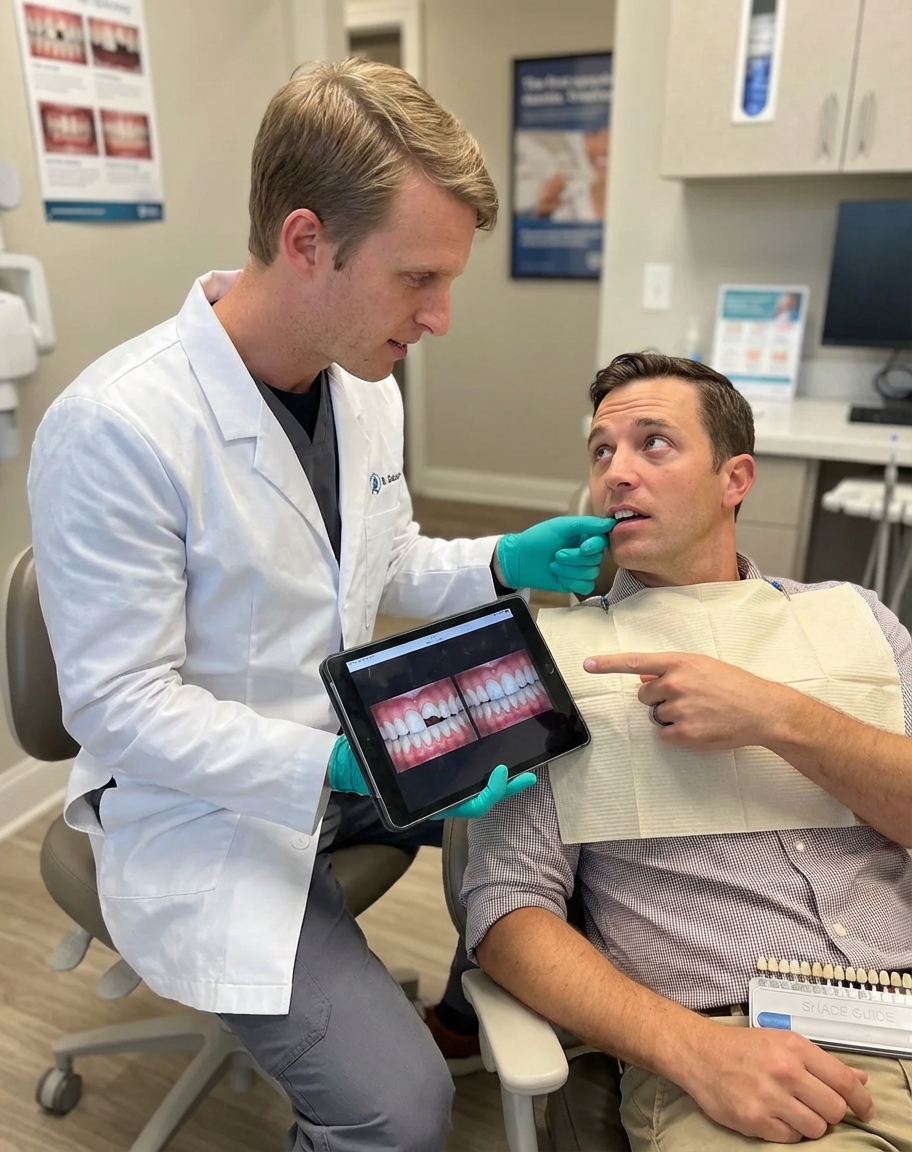
Anterior Bonding
Anterior bonding improves the appearance of front teeth by repairing chips, gaps, and uneven edges for a natural, confident smile.

Tooth-Colored Fillings
Tooth-colored fillings repair cavities and minor damage while blending seamlessly with your natural teeth for a healthier, more natural-looking smile.
Advanced Preventive Dental Care
Protective treatments at Gasior Family Dental in Ann Arbor, MI focus on preventing dental issues before they start, helping preserve strong, healthy smiles over time.
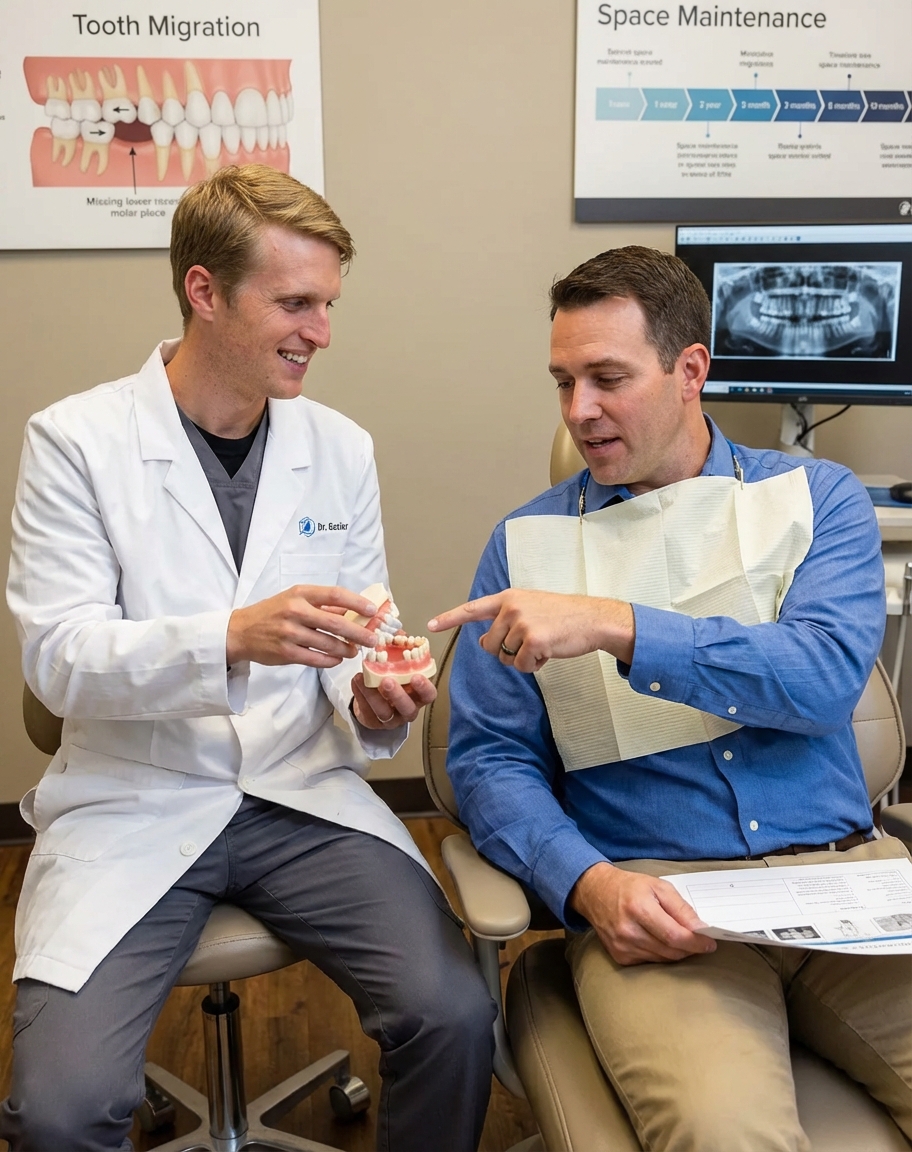
CEREC Crowns & Onlays
CEREC crowns and onlays restore damaged teeth with custom, natural-looking restorations designed, created, and placed in a single visit.

Crowns & Bridges
Crowns and bridges restore damaged or missing teeth to improve strength, function, and appearance while supporting long-term oral stability.

Dentures
Dentures replace missing teeth to restore your smile, improve chewing and speech, and support overall oral function and confidence.
.png)
Partial Dentures
Partial dentures replace missing teeth while preserving remaining natural teeth, helping restore function, appearance, and oral balance.

Dental Implants
Dental implants provide a secure, long-term solution for replacing missing teeth while supporting jawbone health, function, and natural appearance.
.jpeg)
Periodontal Deep Cleaning
Periodontal deep cleaning helps remove bacteria, plaque, and tartar from beneath the gumline to control gum disease and support long-term oral stability.
Advanced Protective Dental Care
At Gasior Family Dental in Ann Arbor, MI, our protective dental treatments are thoughtfully designed to help prevent damage, reduce the risk of decay, and support long-term oral health for lasting, confident smiles.
Benefits of Emergency Dentistry
Discover how emergency dental care helps protect your health and restore comfort during urgent situations.
Severe toothache
A sudden toothache can make eating, sleeping, and focusing difficult. It’s often caused by decay, infection, or gum issues. We quickly find the source and treat it to relieve your pain and restore comfort.
Knocked-out tooth
If a tooth is knocked out, acting fast is essential. Keeping it moist and coming in right away may save it. Our team works quickly to reattach your tooth and protect your smile.
Dental abscesses
A dental abscess is a painful infection that causes swelling and pressure. We drain the infection, clean the area, and treat the cause to stop it from spreading.
Who Benefits from Emergency Dentistry?

Emergency dentistry benefits anyone experiencing sudden dental pain, injury, or infection. These issues often cannot wait for a routine appointment and require immediate professional care to prevent complications.
Patients of all ages may need emergency dental services due to accidents, advanced decay, or unexpected dental problems. Seeking care quickly helps protect oral health and minimize long-term damage.
Act Fast During Dental Emergencies

Dental emergencies can happen at any time, and fast care is essential to protect your smile and oral health. Gasior Family Dental provides same day emergency dental care in Ann Arbor, MI to relieve pain, treat urgent dental concerns, and prevent further damage.
If you are experiencing severe tooth pain, a broken or chipped tooth, swelling, or infection, our experienced team uses modern technology and gentle techniques to restore comfort and support long term oral health. We create a calm and supportive environment to help you feel cared for during stressful situations.
What to Expect During Your Visit
Your emergency visit begins with an evaluation of your symptoms and a focused exam to identify the cause of the issue. Treatment may involve pain management, repair of damaged teeth, or infection control. The dental team will explain findings and next steps clearly to ensure you feel informed and supported.
Before Your Appointment
- Call the office as soon as symptoms appear
- Avoid chewing on the affected area if possible
- Note when pain or swelling began and any changes
After Your Appointment
- Follow post-treatment instructions carefully
- Take prescribed medications as directed
- Schedule follow-up care if recommended
What Our Patients Say
Don't just take our word for it – hear from the Ann Arbor families who trust us with their smiles.
I love going to Maryann Griffith, D.D.S. Because the staff is warm and welcoming, as well as top notch. My teeth have never been better!
I love this practice! Patient oriented, friendly but very professional, well trained individuals who are on their game!
Excellent cleaning as always. Dr. Gasior addressed all of my concerns; explaining all my options, and answered all of my questions.
- 4.9/5AVERAGE RATING
- 10K+GOOGLE REVIEWS
- 98%WOULD RECOMMEND
Frequently Asked Questions
What is considered a dental emergency?
Severe tooth pain, swelling, broken teeth, infections, or trauma to the mouth are considered dental emergencies.
Should I go to the ER or a dentist for tooth pain?
Most dental emergencies are best treated by a dentist, as emergency rooms typically cannot provide definitive dental care.
Can I be seen the same day for a dental emergency?
Many emergency cases can be treated the same day. Calling as soon as possible helps determine availability.
What should I do if a tooth is knocked out?
Handle the tooth carefully, avoid touching the root, and seek dental care immediately for the best chance of saving it.
How can I manage pain before my emergency visit?
Rinsing with warm salt water and using over-the-counter pain relief may help until you are seen.
Stay Informed with Expert Insights & Tips About Emergency Dentistry

No Related Blog Posts Yet
We’re working on new articles to help you care for your smile. Check back soon for updates from Gasior Family Dentistry.
Ready to Experience
the Difference?
Join thousands of families who trust Gasior Family Dentistry in Ann Arbor for their oral health care. From routine cleanings to complete smile makeovers, our team is here to help you achieve a healthy, confident smile. Schedule your appointment today and discover why our patients love visiting our office.
Schedule Your
First Appointment
Ready to experience exceptional dental care? We're here to answer your questions and book your appointment.

Thank you for booking your appointment!
We’ve received your request and will contact you soon to confirm the details. We look forward to seeing you at Gasior Family Dentistry.

We couldn’t submit your form.
Something interrupted the process, possibly a slow connection or a temporary glitch. Try again in a moment. If your info disappeared, we're really sorry and ready to help if you need it.

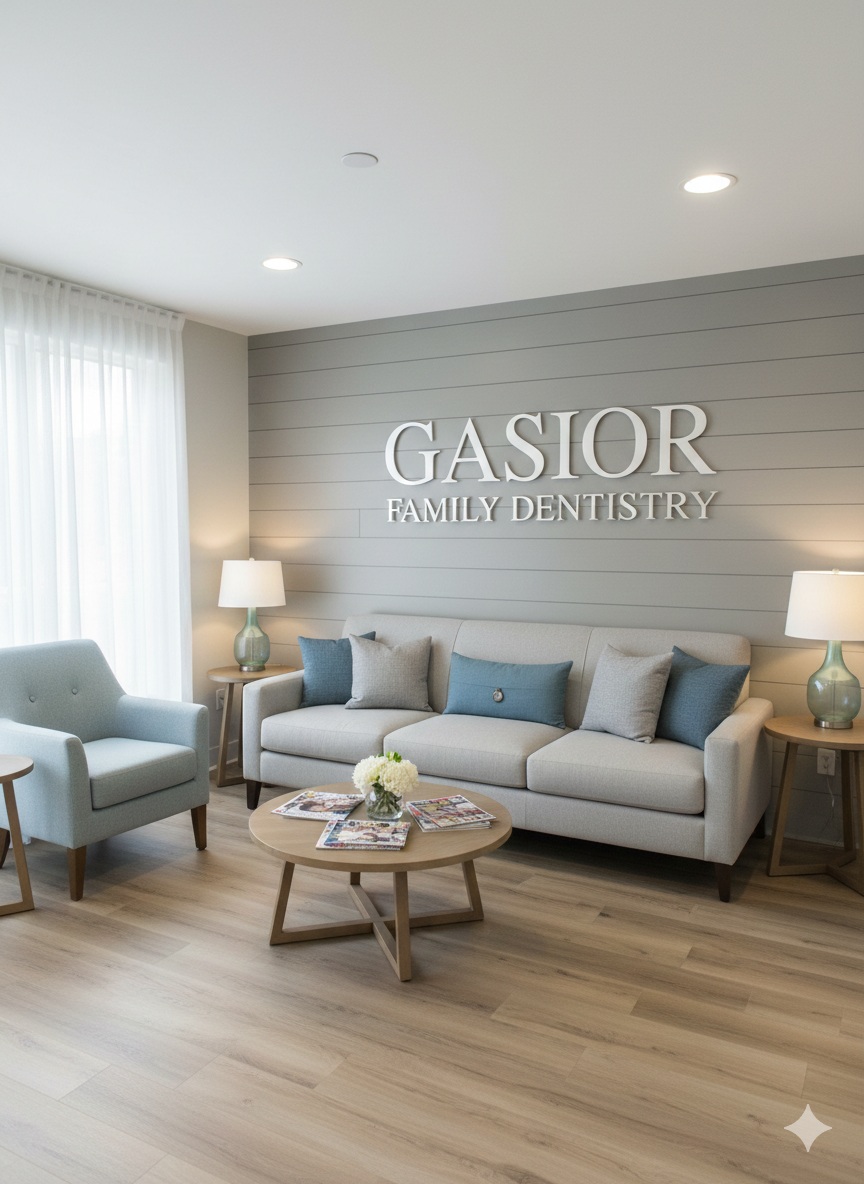
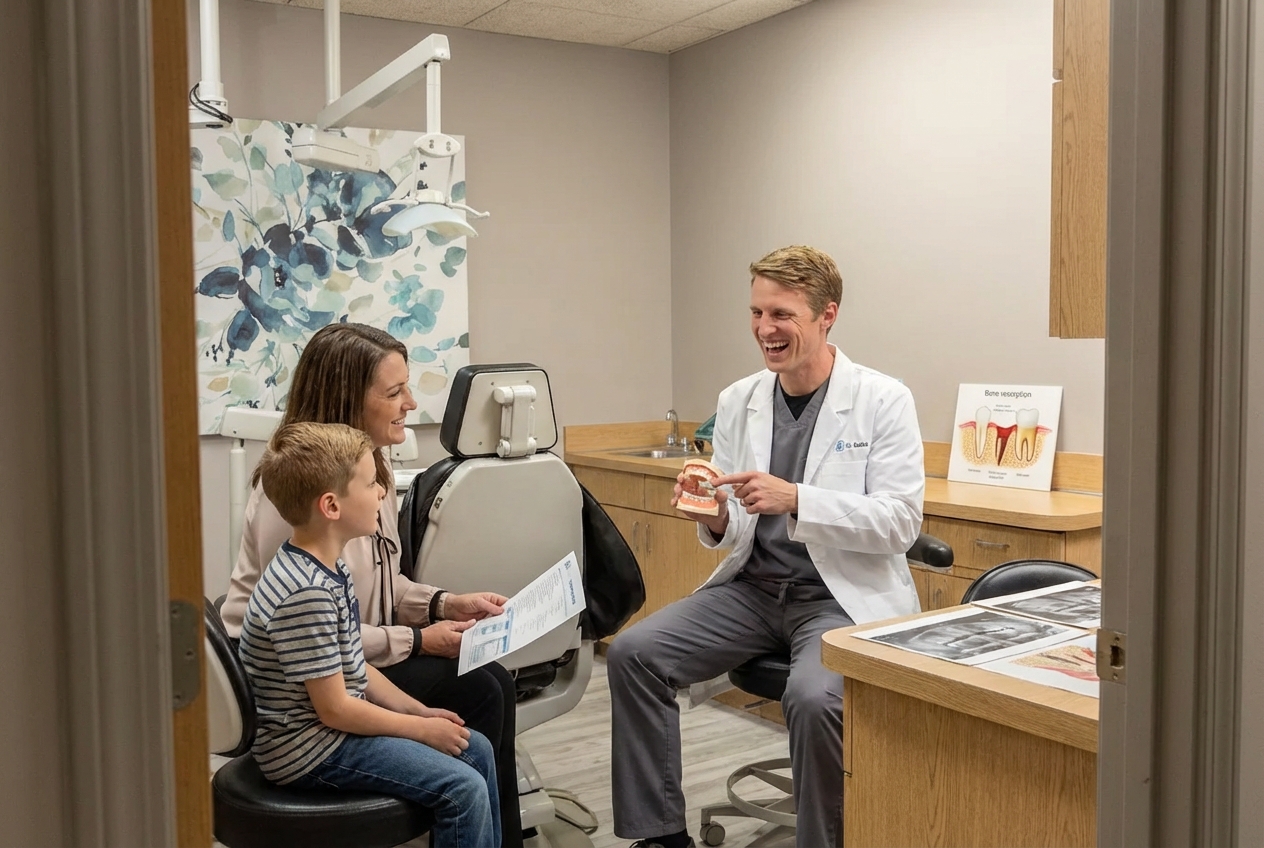
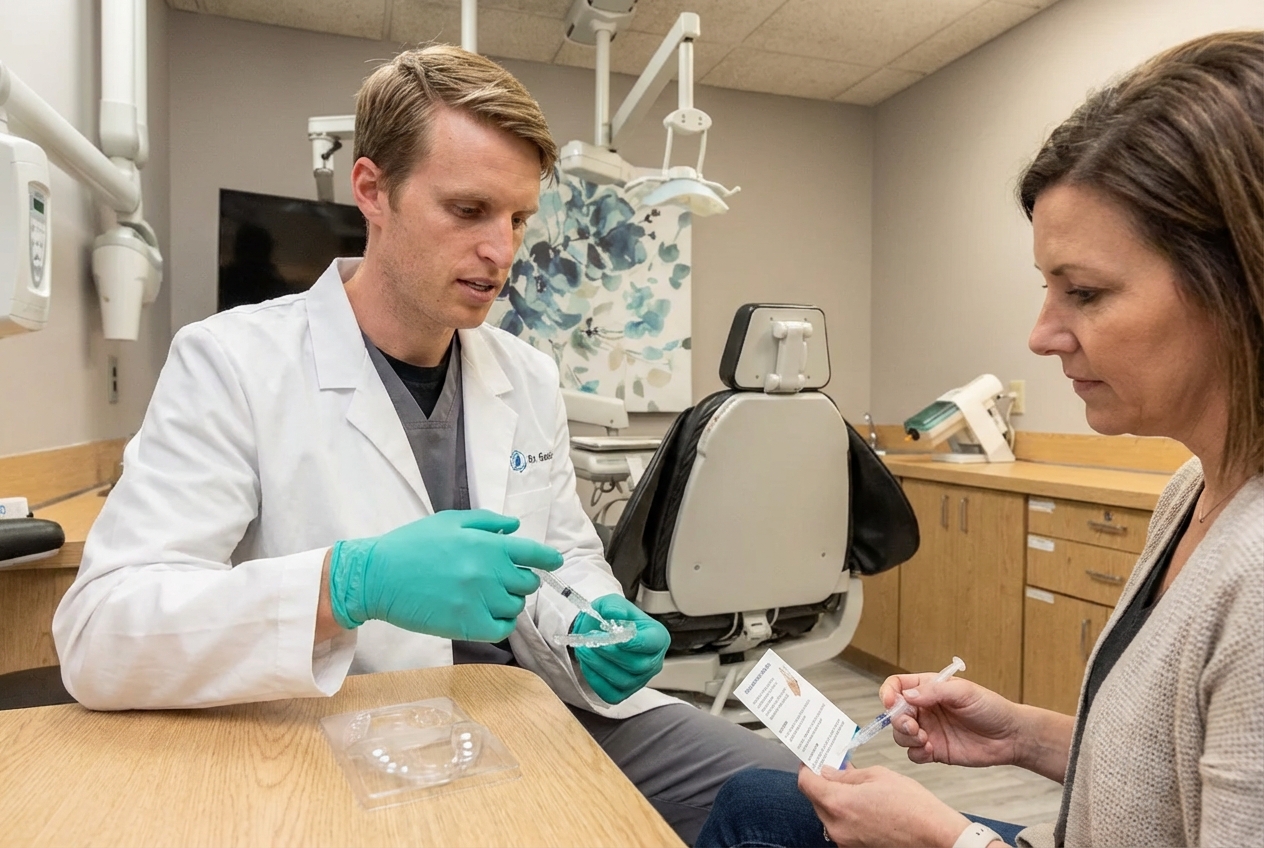
.png)
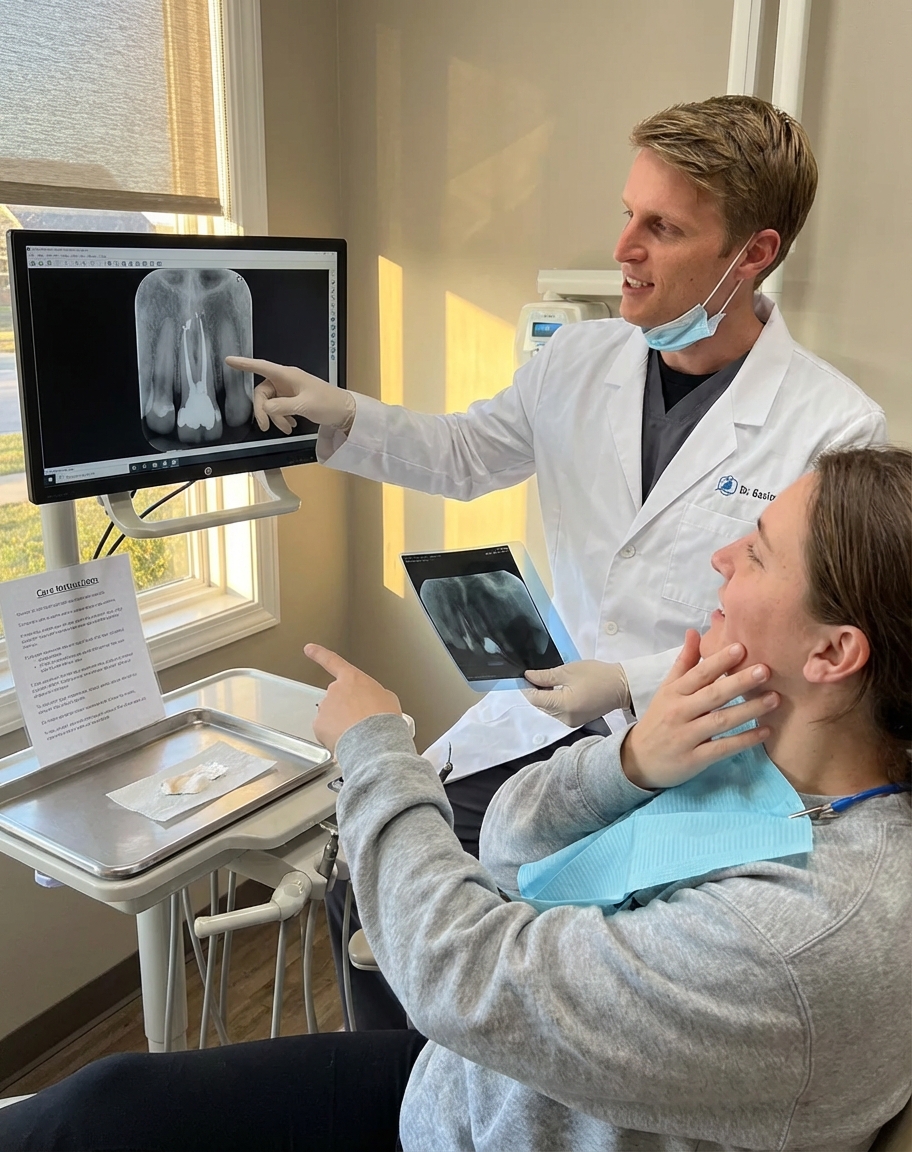
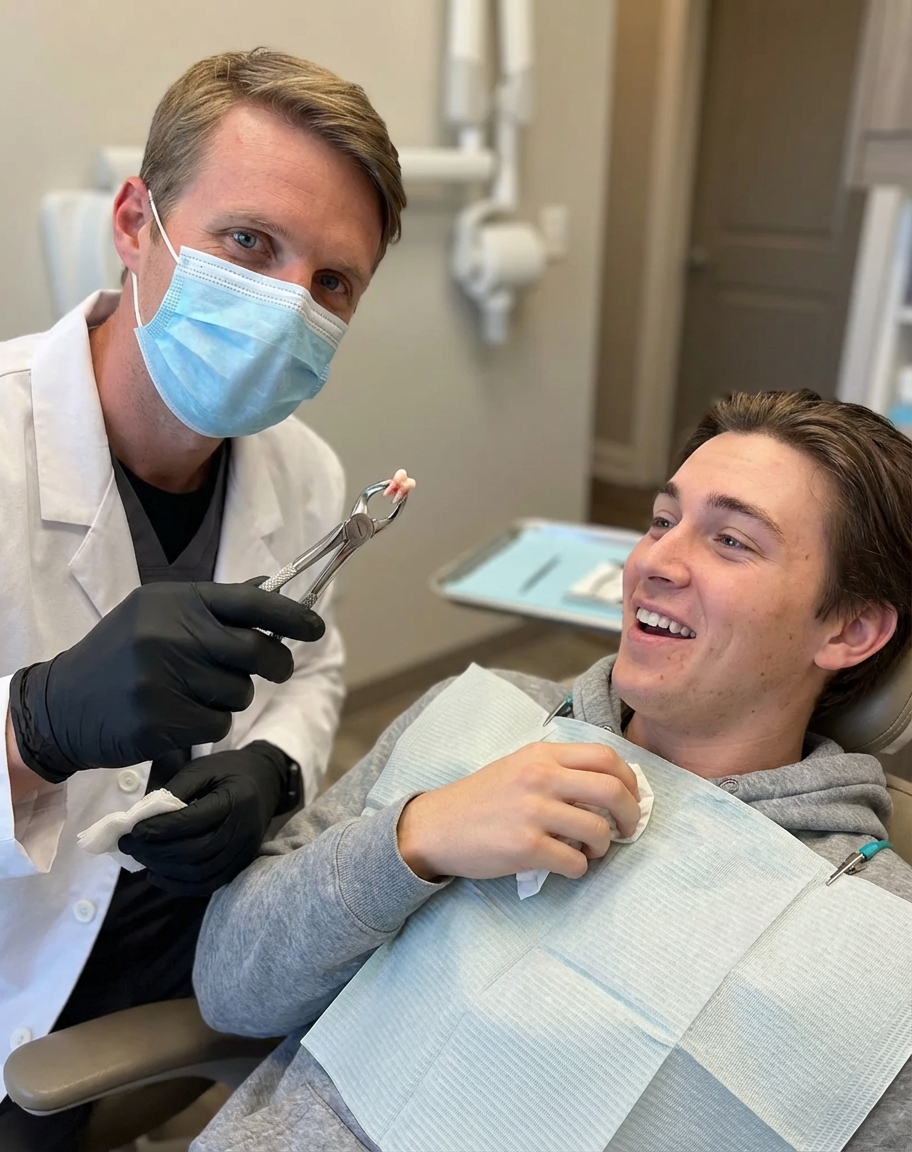
.jpeg)
